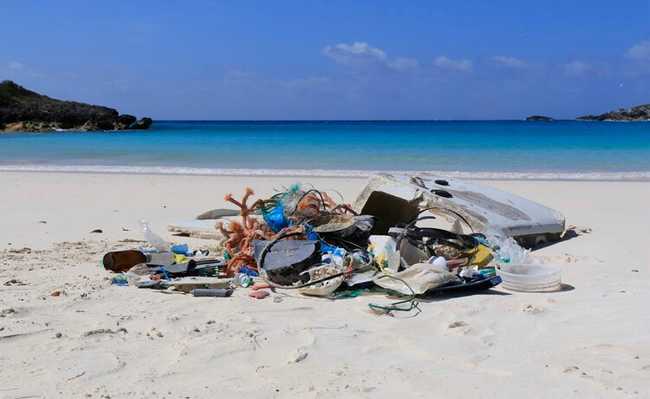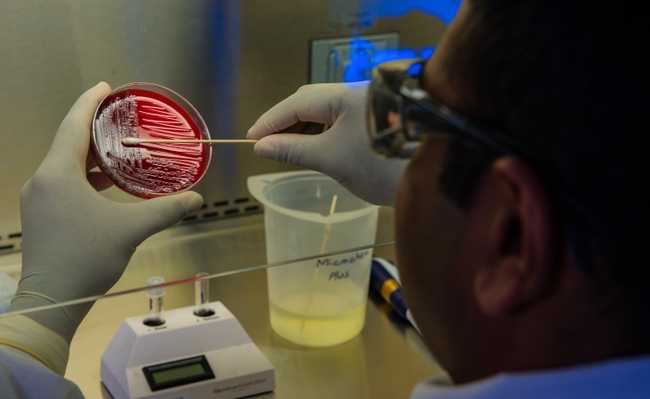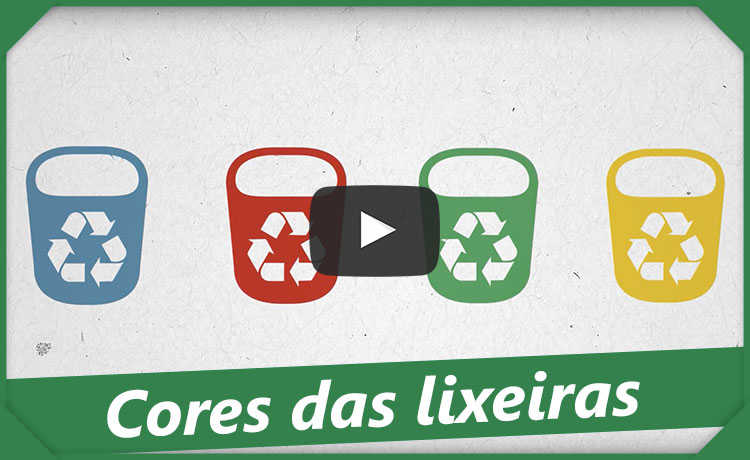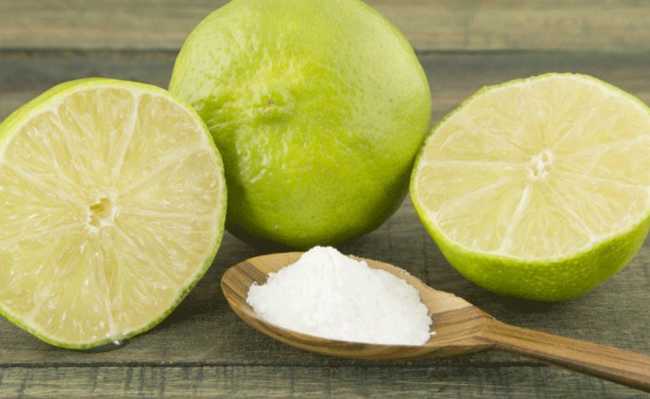25 million tons of garbage goes into the oceans every year
Iswa survey evaluated the destination of waste. Brazil contributes 2 million

The garbage that ends up in the oceans follows a known path: without proper disposal, it goes to dumps, many of them on the edge of water bodies, from where they go to the sea. It was with this premise that the International Solid Waste Association (Iswa) carried out a survey and review of the literature on marine pollution and estimated that 25 million tons of waste are dumped into the oceans each year. And the worst: 80% of this volume is the result of poor solid waste management in cities.
- Understand the environmental impact of plastic waste on the food chain
- Plastic pollution in the seas: problems for fauna and humans
- What is the origin of the plastic that pollutes the oceans?
Iswa used an estimate that, worldwide, somewhere between 500 million and 900 million tons of waste does not have an adequate disposal and cross-referenced this data with the mapping of irregular disposal points in cities near the sea or water bodies . This gave rise to the hypothesis that at least 25 million tons of this badly discarded garbage reaches the sea. The study was released during the World Water Forum, which takes place until the end of the week in Brasília.
The survey data indicate that about half of the waste that goes to the oceans (ie, about 12.5 million tons) is plastic - each ton of waste not collected in riverine areas, highlights Iswa, represents the equivalent of more than 1500 plastic bottles that end their life cycle at sea (and end up becoming microplastic later, it's worth remembering).
- Microplastics: one of the main pollutants in the oceans
- There are microplastics in salt, food, air and water
- Microplastics already contaminate even bottled water
The volume proposed by the study is slightly larger than the 8 million tons of plastic waste estimated by the UN, which speaks of between 60% and 80% of all marine waste as being plastic - and indicates that there may be more waste than fish in the oceans by 2050. It is interesting to remember that, in a single day, volunteers collected 4.5 tons of garbage from beaches around the world.
Ocean waste, reinforces the Iswa, has become a problem as serious as climate change and has direct impacts on spending on health and treatment of water bodies. In Brazil alone, around R$ 5.5 billion are spent per year to treat people's health, water courses and recover the environment due to the degradation of solid waste.
Iswa's branch in Brazil, the Brazilian Association of Public Cleaning and Special Waste Companies (Abrelpe), concluded that our country contributes with at least 2 million tons of the total volume of oceanic waste. It is equivalent to the area of 7,000 soccer fields. Forecasts were conservative in the sense of excluding irregular dumps in areas far from the sea, such as the Pantanal and the Amazon. The volume could reach 5 million tons if these regions were included.
In the Brazilian case, it was not possible to estimate how much of this volume of waste is plastic, but it is known that 15% of the solid waste generated here has this origin. Another study by Abrelpe, from 2016, Panorama of Solid Waste, points out that that year around 41% of solid waste produced in Brazil had an inadequate destination.










